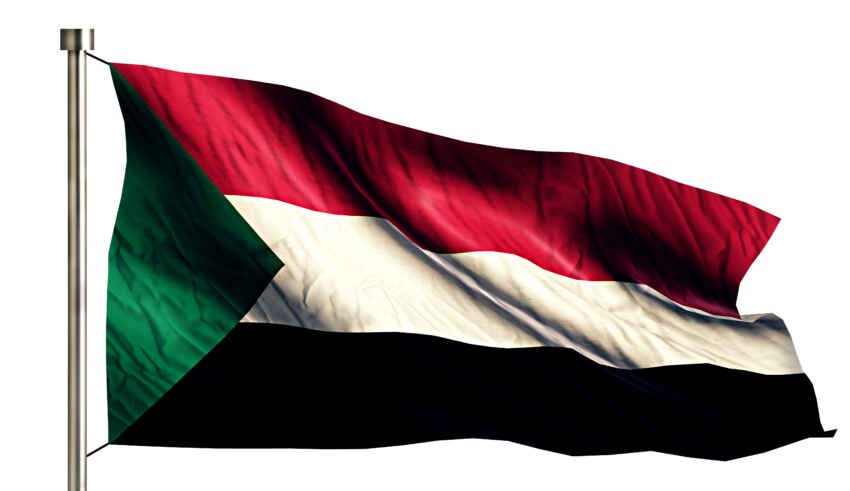
Over the past few months, we have been observing a number of horrific humanitarian conflicts that have stopped the world, both due to its advancement and the failed attempts to stop them. Throughout the many disputes, many attempts were made to promote a ceasefire, establish sanctions, and overall put human rights as a priority of protection for the international community.
One of these conflicts is happening in Sudan. The civil war sparked between the IRS and Sudanese army is determining a civil bloodshed that marked the conflict as one of the deadliest in our history. It is clear that those responsible for such an egotistical conflict aren’t worried about the lives of civilians if it means they have a chance to become more powerful. It was a sad turn of events for all those who were rooting for a better government, but it ended with a fake promise of democracy and a battlefield in their front yard.
As a short summary of the conflict, it involves the Sudanese President, who controls the government military, who is going against his former ally, and the leader of the Rapid Support Forces. They engaged in a military conflict, claiming many civilian lives and turning the nation’s capital into a battlefield. The situation has been escalating since April 2023, and it has become an alarming conflict for the international community, as the consequences are damaging for the entire region.
The Sudanese conflict has demanded quite an active role for the international justice system, as the blatant disregard for human life reached astonishing levels and the need for action was determined to be immediate. It was so needed that the United Nations Security Council declared an assistance mission to try and alleviate the situation in an attempt to bring order and security to the region and all those involved in the conflict.
However, once again, the justice institutions have yet to have enough enforceability power to be able to actually provide any help, and as of December 2023, the UN Mission was terminated, and the cessation of its operation began on the 4th of the same month. The heavy criticisms regarding the efficiency of the UNSC are unquestionably seen in this scenario, as once again, human lives could not be made the priority for the organization.
It is certainly sad how often we hear about the inefficiency of the UN missions, but it is hard to demand otherwise if the countries that compose the organization are not willing to look past their own private interests in order to secure peace and stability. Lives, especially non-Western ones, are sadly broadcast as poor numbers that were lost, rather than human beings that deserve protection.
And as much as the UN claims humanitarian care, it is hard to tie them to a specific mission in recent years that actually promoted such protection. Clearly, the UN lacks more than it delivers in humanitarian protection, resulting in the needed funding for good causes being thrown away, much like we saw happen in Sudan.
The lack of attention for the Sudanese cause is alarming, as it is opening the door for many other atrocities to be committed. Many of the allegations made regarding rape and sexual abuse by the military are also posing a threat to civilians, especially women and children, who are being targeted and exploited in the country.
This is again not uncommon for these conflicts. Civilians are threatened beyond their lives; their moral integrity is also destroyed by the abuse they suffer and their lack of hope that they will ever get help from those who can offer it to them. The international community is once again sweeping thousands of lives under the rug due to its inefficiency. And this needs to stop immediately.
A new budget proposal and specific funding goals for the region should be implemented in order to secure the lives of all involved in the conflict. All lives are priorities in international law. Establishing priorities when it comes to saving lives is a dangerous precedent to be set in the international community that would go directly against all the fundamental principles that serve as the premises for its function.
By the European Institute for International Law and International Relations















